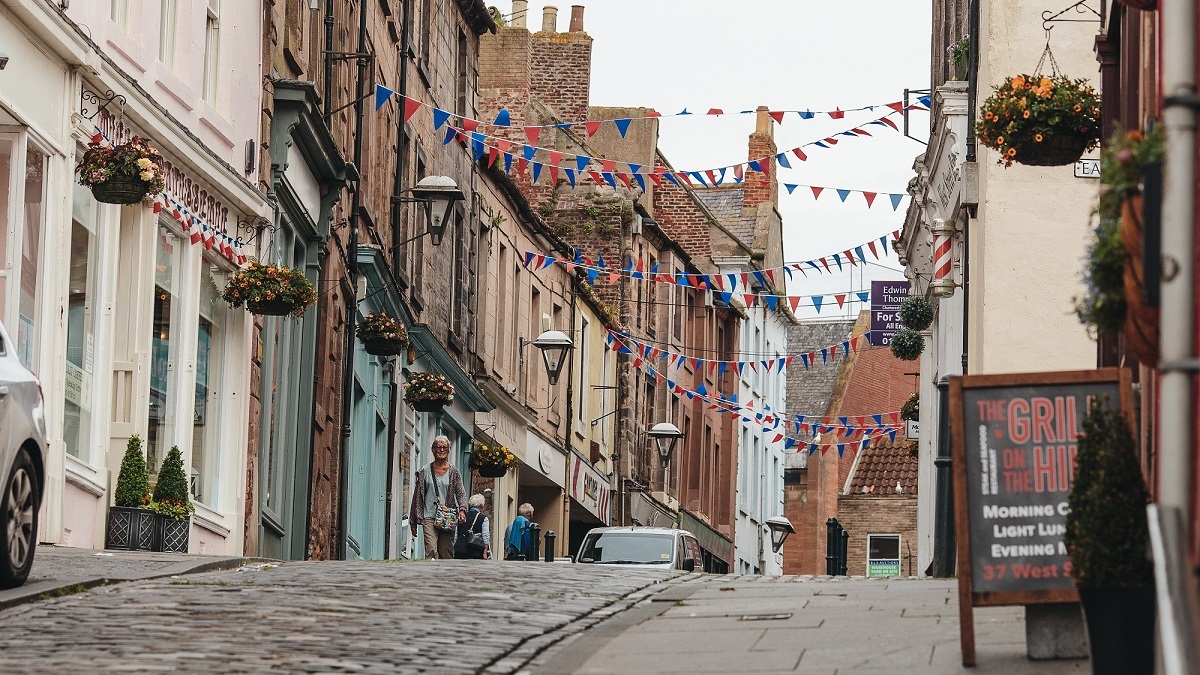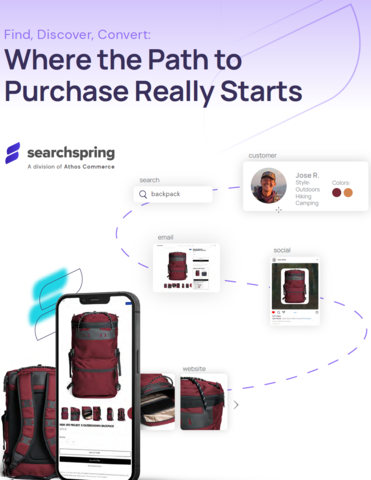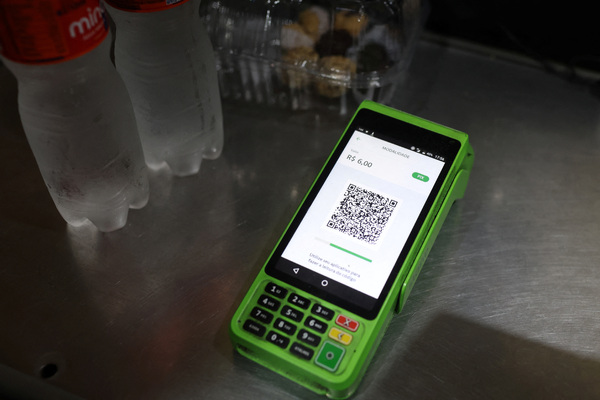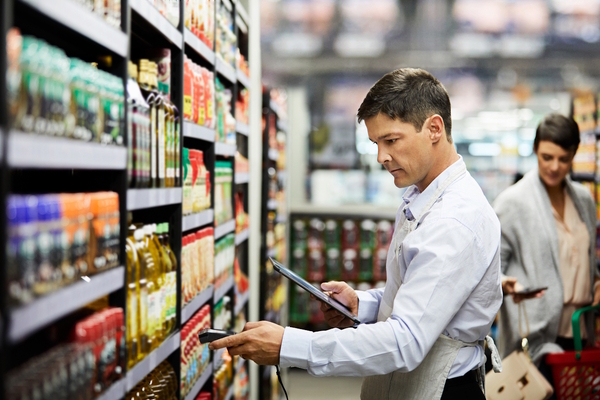An independent future
Sponsored by bira
by Andrew Goodacre, Chief Executive, British Independent Retailers Association (bira) Running a retail business has never been more challenging, and yet independents can succeed where larger businesses have failed. Retail has always changed. As consumerism has grown over the years, so we have seen the rise of retail chains. The independent retail business has always existed, and it might be argued that all retailers were independents to start with. Retailers have succeeded in very competitive environments and through several economic recessions. Success has been based on innovation, agility of the business model and an ability to meet customer needs. So what is different now? Why so many failures and closed shops? One word – internet! The challenges faced by all retailers are thanks to a dramatic shift in the way consumers do their shopping. The internet allows consumers to shop from the comfort of their home, at their convenience and with the opportunity to instantly compare prices. Online shopping now equates for 20 per cent of all sales and is set to rise. However, mandatory delivery charges may well be enough to make the consumer think twice about ordering online, as they would make it more expensive, thus increasing footfall in town centres. Bricks-and-mortar retailers need footfall – shoppers walking around. Browsing used to be something we did on our feet and not with the click of a mouse. It is this change in behaviour (and it is unlikely to reverse, with more than 90 per cent of UK adults shopping online) that will shape the future of retail. While traditional retailers need help with reduced rates and lower rents, ultimately it is about adjusting the “offer” and the way it is delivered to the consumer that will be the key to success. There is no doubt that in the future, delivery of the offer for all retailers will have to include use of the internet, with independent retailers using the website to sell and bring customers to the store. The independent approach will be more personable and more authentic, coming from people with something at stake – and we can expect more click-and-collect from smaller retailers. Despite this societal change we see independent retail businesses succeeding where many major chains have failed. This is because independents are smaller with fewer brand restrictions, and these businesses have not lost their ability to quickly adjust to a changing market. Neither have independents lost sight of their customers’ needs. Innovation is still the key to retail success, and at the British Independent Retailers Association (bira) we have seen our members diversify, focus on customer service and enhancing the in-store shopping experience. It is true to say that not all independents will succeed, but in the future small may well be better. Retailers will have to be better at responding to external environmental factors. At the end of 2017 the BBC’s Blue Planet documentary highlighted the damage plastics are doing to our environment. This one programme has caused a significant rise in “conscious consumers”, especially among millennials. As a result, successful independent retailers have focused on more ethically sourced products using recycled materials, or natural materials such as wood, bamboo and cork. Environmentally friendly retailing is good, and the smaller independent business is in a better position to adjust to these needs. It may even be that, given the damage to the environment caused by the millions of deliveries of products ordered online, these same conscious consumers will also turn away from online shopping in time. For a long time now there has been a recognition that the nature of retail seen on the high street is changing. There has been a growth in “service retailing” – hairdressers, barbers, coffee shops and so on. This non-traditional retailing has grown through independents entering the market and putting an emphasis on customer service, quality products and no small amount of innovation (barbers with a pool table for waiting customers, for example). We can expect the rise in this type of retailing to continue, especially as it is hard to buy such services online. However, while independent service retailers will take up some of the excess retail floorspace, as will the charity shops, they cannot control what is happening around them. It is very hard to be a successful retailer if you are surrounded by empty stores, especially large ones vacated by major chains. Local authorities now need to follow the example of retailers by being innovative and become “placemakers”. The town centre of tomorrow has to offer different reasons for visiting with a focus on health, education, well being and all supported by an increase in residential space. This is about changing the use of properties, investment and creating new communities – all of which contribute to increasing the all-important footfall. With this investment and support, there is a future for a diverse, quality range of retail outlets with the smaller independent businesses playing a prominent role.
To find out more how bira supports independent retail businesses visit www.bira.co.uk

Business Reporter Team
Most Viewed
Winston House, 3rd Floor, Units 306-309, 2-4 Dollis Park, London, N3 1HF
23-29 Hendon Lane, London, N3 1RT
020 8349 4363
© 2025, Lyonsdown Limited. Business Reporter® is a registered trademark of Lyonsdown Ltd. VAT registration number: 830519543





